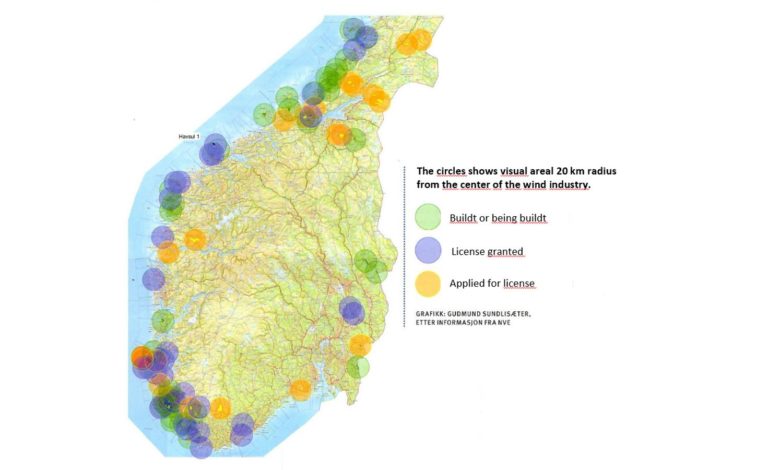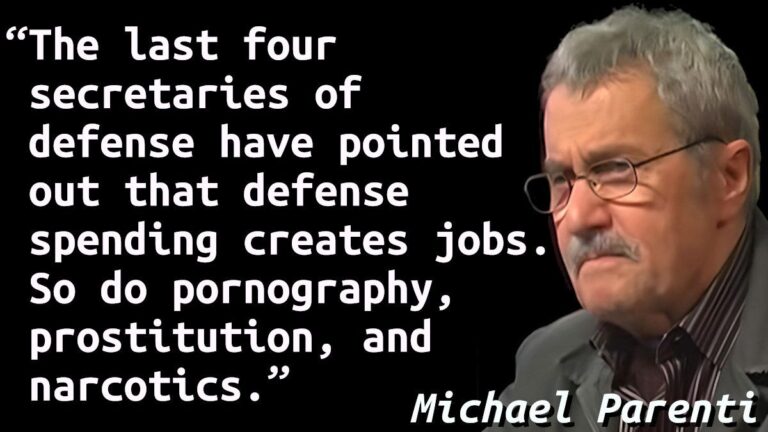
Mayuri Ghosh Head of Healthy Cities and Communities Initiative; Strategy & Public-Private Partnerships, Future of Consumption Platform, World Economic Forum
Clarisse Awamengwi Project Specialist, Future of Consumption Platform, World Economic Forum
- The COVID-19 crisis has illuminated and exacerbated the structural weaknesses of global health systems, especially in urban areas.
- In the post-COVID world, we must plan and manage cities so as to minimise risk of disease and ensure equitable access to healthcare.
- The World Economic Forum Healthy Cities and Communities Initiative is tackling health and well-being in Jersey City, Austin, and Mumbai.
The COVID-19 crisis has unveiled the structural weaknesses of not only our economic systems but also, more critically, our health systems. The world is currently confronting the ineptitude of existing health and well-being infrastructure and the consequences of inadequate preventative health mechanisms, particularly for the most vulnerable in society.
Two key variables stand out in this crisis: urbanisation and inequality.
Even as urban centres are engines of economic growth, they are challenged by rising physical and mental health concerns among large segments of people. Unhealthy diets, physical inactivity, environmental conditions, and community and social stress factors are key contributors to this disease burden. As the urban poor have been disproportionately affected by COVID-19, the challenges of urbanisation and access to healthy living have catapulted to the forefront of the global agenda.
- Cities are especially vulnerable to COVID-19. These organizations are leading the urban response.
- COVID-19 will hit the developing world’s cities hardest. Here’s why
In the United States, even before the onset of COVID-19, hypertension, major depression and high cholesterol were among the top 10 health conditions having the greatest impact on the quality of life in cities and suburbs; together, they have a national health impact of 30%. During the pandemic, physical health conditions such as high cholesterol and diabetes have taken a turn for the worse.
Similarly, in India, residents of growing urban areas had been living increasingly unhealthy lives due to food and lifestyle choices, leading to an increase in noncommunicable diseases (NCDs), which may account for 70% of India’s disease burden by 2030. For the urban poor, many living in unhygienic conditions, access to clean water, sanitation, and hygiene facilities is another health challenge further exacerbated by the pandemic. Meanwhile, mental health has been a rapidly growing challenge in India, across demographics and socio-economic segments, with an age-adjusted suicide rate of 21.1 per 100,000. Going forward, this could create more than $1 trillion dollars in economic loss by 2030.

As we continue to wrestle with the consequences of the crisis and contemplate the post-COVID world, we are left with a critical question to answer: How will we plan and manage cities so as to minimise the risk of disease and ensure equitable access to healthcare? Our answer to this question will be the foundation of a more healthy, equitable, and just society.
While the call to categorically rethink and reconstruct the nature of our societies is challenging, it presents a unique and necessary opportunity to reshape a future that was already in jeopardy, with looming disasters such as climate change and growing social disintegration. In a rapidly urbanising world, it is imperative that cities are not only drivers of economic growth but also centres of health.
The World Economic Forum is responding to this urgent need to re-examine the relationship between cities and population health through its Healthy Cities and Communities Initiative, which launched in September 2019 as a multi-city platform encompassing a full spectrum of developed and emerging economies. The mission is to empower consumers to achieve long-term health and well-being, with an improved state of holistic health and physical and mental well-being by 2030.
Dimensions ripe for interventions and scaling efforts include:
- Physical well-being (diet/nutrition, sanitation/hygiene, exercise/physical activity, sleep/rest)
- Mental well-being (emotional, social, environmental, spiritual, occupational, financial)

Spearheaded by the Platform for Shaping the Future of Consumption, the Forum is working hand-in-hand with cities to improve holistic health and well-being for diverse communities around the world.
The initiative kicked off in the United States in Jersey City, New Jersey – a city with ~300,000 residents in 2019 – with the Office of the Mayor of Jersey City and the Department of Health and Human Services. In nine months, public-private stakeholders have established a secure supply of nutritious food, via locally sourced vertically farmed greens in collaboration with Aerofarms, and provided personalised diagnostics for healthy living with other private sector collaborators. The initiative has also expedited innovative partnerships on sanitation and hygiene by rolling out Mobile Public Showers.

In July 2020, the collaboration also began in Austin, Texas – a city with over 1 million residents – in partnership with global actors such as IBM and local stakeholder groups such as the Austin Healthcare Council.
The third city is the sprawling metropolis of Mumbai, India, a city with more than 20 million residents. The collaboration began in July 2020 in partnership with the Municipal Corporation of Greater Mumbai and India’s Ministry of Housing and Urban Affairs. In light of the challenges presented by the coronavirus, sanitation and hygiene have been reemphasized as a key priority, particularly as cities grapple with how to limit contagion in highly dense metropolises such as Mumbai. Innovative public-private interventions will be taken forward with the Toilet Board Coalition’s India chapter. Just as critical will be other cross-cutting dimensions of physical and mental health such as food and nutrition, physical fitness, mental wellness, rest, and occupational and financial health, with mental health being a critical priority for intervention.
The Healthy Cities and Communities Initiative envisages the creation and improvement of physical, social and community environments that enable people to lead healthier lives and develop to maximize their potential in a truly inclusive way. As such, the need for symbiosis between urban planning, economic development and preventative health has never been greater.
Unquestionably, the process of building truly inclusive health ecosystems within cities will be fraught with challenges and difficulties, yet it is an imperative and a responsibility that we cannot overlook.
What’s the World Economic Forum doing about the future of cities?
Cities represent humanity’s greatest achievements – and greatest challenges. From inequality to air pollution, poorly designed cities are feeling the strain as 68% of humanity is predicted to live in urban areas by 2050.
The World Economic Forum supports a number of projects designed to make cities cleaner, greener and more inclusive.

These include hosting the Global Future Council on Cities and Urbanization, which gathers bright ideas from around the world to inspire city leaders, and running the Future of Urban Development and Services initiative. The latter focuses on how themes such as the circular economy and the Fourth Industrial Revolution can be harnessed to create better cities. To shed light on the housing crisis, the Forum has produced the report Making Affordable Housing a Reality in Cities.




22 Comments
Pingback: รับจดทะเบียนสมรสกับชาวต่างชาติ
Pingback: jazz cafe
Pingback: วิเคราะห์บอลวันนี้
Pingback: sahabat qq
Pingback: ยูวิน789 เว็บดัง ไขข้อสงสัยทำไมถูกใจนักเสี่ยงโชค
Pingback: ที่พักพัทยา
Pingback: ต่อผม
Pingback: geek bar
Pingback: Dental
Pingback: ufabet789
Pingback: nutritional shakes
Pingback: wcasino สุดยอดเว็บคาสิโนออนไลน์
Pingback: ออกแบบลายเซ็นฟรี
Pingback: ทัวร์ยุโรป
Pingback: ยางไดอะแฟรม
Pingback: bus ticket online
Pingback: นวดหน้ายกกระชับ
Pingback: Ddiyala
Pingback: ผู้ผลิต โบลเวอร์
Pingback: บริการโลจิสติกส์
Pingback: ufabet789
Pingback: เซ็กทอย